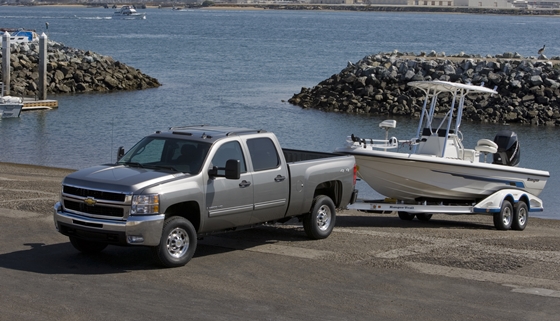Hi All. Looking to see if anyone has attempted to reduce the Aero drag of their boat while towing and if the efforts were noticeable. I understand the type of things to do to reduce drag but I'm wanting to know if anyone has tried it and seen a significant difference in gas mileage. Originally I had big plans but now thinking it may not be worth the time to remove things and put them back on.
(I expect to trailer my boat a minimum 2 hours and up to 12 hours (at freeway speeds) each time I take it sailing. )
Thanks for an experiences people can provide.
Thaniel.
(I expect to trailer my boat a minimum 2 hours and up to 12 hours (at freeway speeds) each time I take it sailing. )
Thanks for an experiences people can provide.
Thaniel.

